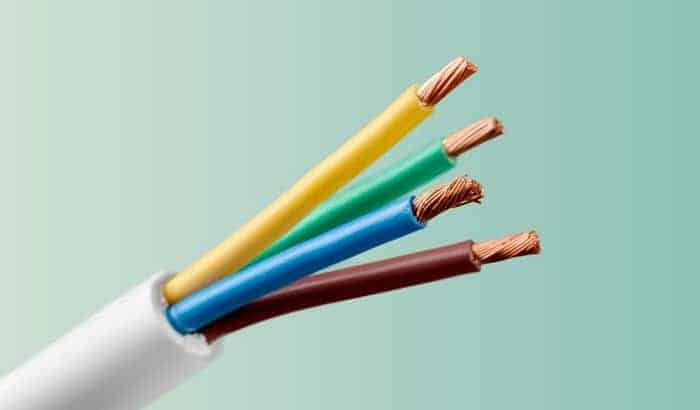Hello,
I am new to Tesla and ordered a M3 performance.
I am going to install a plug in my garage (instead of a Wall charger).
It will be run to the main panel so I have flexibility to decide what to use.
What size of cable: #6 or else should I use?
What number of Amps: 50 or 60?
Also what type of plug if I want to maximize charging time speed and use the mobile connector?
Thanks!
I am new to Tesla and ordered a M3 performance.
I am going to install a plug in my garage (instead of a Wall charger).
It will be run to the main panel so I have flexibility to decide what to use.
What size of cable: #6 or else should I use?
What number of Amps: 50 or 60?
Also what type of plug if I want to maximize charging time speed and use the mobile connector?
Thanks!




